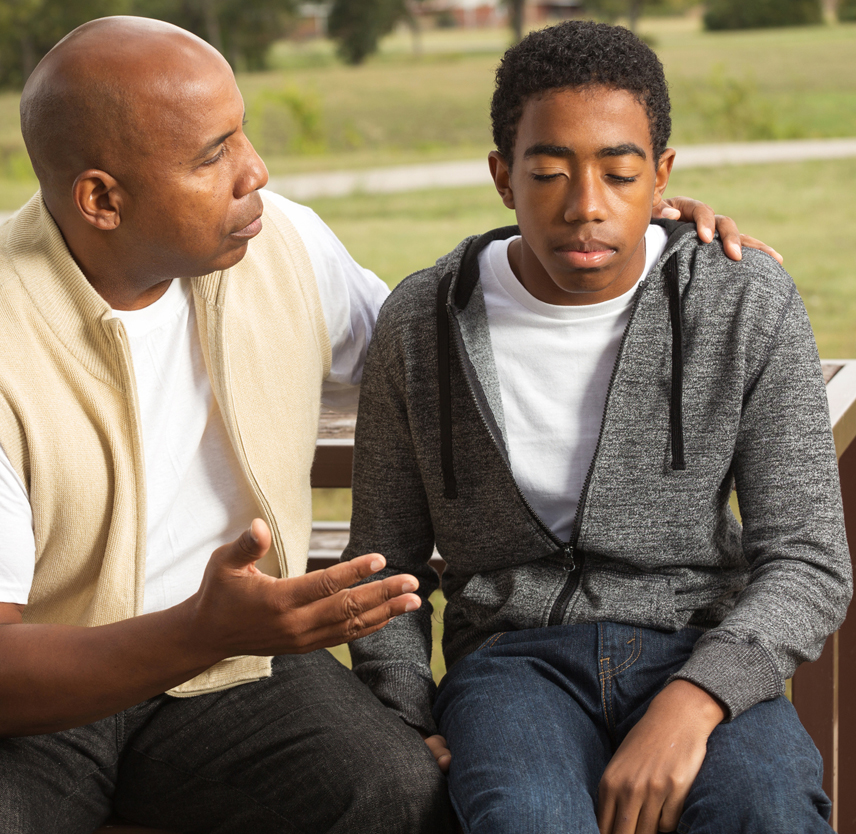
My grandson is 11 years old; he sustained a TBI when he was 6. Lately, he gets very angry for no apparent reason and is physically abusive — pinching and kicking, and hair pulling. Maybe some of this behavior can be attributed to puberty, but what would be the best way to deal with it? Why is this behavior surfacing now, five years after his injury?
Your questions reveal a great deal of concern, work, and interest in supporting your grandson. It sounds as if you are dealing with a dilemma that many people face as they work to help a young loved one live a happy life after a serious TBI.
When I hear about very significant behavior problems that appear to show up “out of the blue” and for no apparent reason, I think of them as a “red flag” that the child is waving. This red flag is a sign that there is a mismatch between the child’s needs and capabilities and what his environment offers in terms of opportunities to do things that are meaningful, fun, and interesting to him while simultaneously providing enough support, scaffolding, and direction to compensate for his disabilities. We can wonder what function this misbehavior is serving — what is he trying to tell us? Perhaps he’s trying to get people to stay with him, rather than heading off to pursue their own interests, and his pinching, kicking, and hair-pulling keeps them engaged with him. Obviously, this kind of strategy does not work well for the child in the long run, but it may be the best that he can do at the current time.
I wonder about alternative avenues of communication that are open to your grandson: how does he communicate his needs and wants? Does he use an assistive communication device? Eye blinks? Computer? Or hand movements to get people’s attention or to let them know that he wants or needs something? How does he spend his day? What outlets does he have for physical exercise, social interactions, and learning?
Another function his behavior could be serving is to get some big physical exercise. Since your grandson is unable to walk or talk, he may be channeling all of his physical drive into his use of his arms and hands. Try to think of activities that make use of his good hand and arm strength and dexterity. Take a look at your grandson’s schedule of everyday activities. Are there opportunities for him to have physical exercise and physical outlets as well as social involvement — with adults and, very importantly, with other children?
Children who have serious traumatic brain injuries do not learn well from consequences-based approaches to their misbehavior. Your best bet in terms of dealing with your grandson’s problem behaviors is to make sure that he has another way of letting you know what he wants and developing alternative ways for him to express his anger, frustration, or other feelings. You will want to practice a specific behavior with him, like pillow fighting perhaps instead of pulling hair. There are many resources available that describe antecedent-based approaches to problem behavior.
About the author: Jeanne Dise-Lewis, PhD
Jeanne Dise-Lewis, PhD is a child clinical psychologist, director of the Psychology Program for the Department of Rehabilitation Medicine at The Children’s Hospital, and Professor of Psychiatry and Rehabilitation Medicine at the University of Colorado Anschutz Medical Campus.

